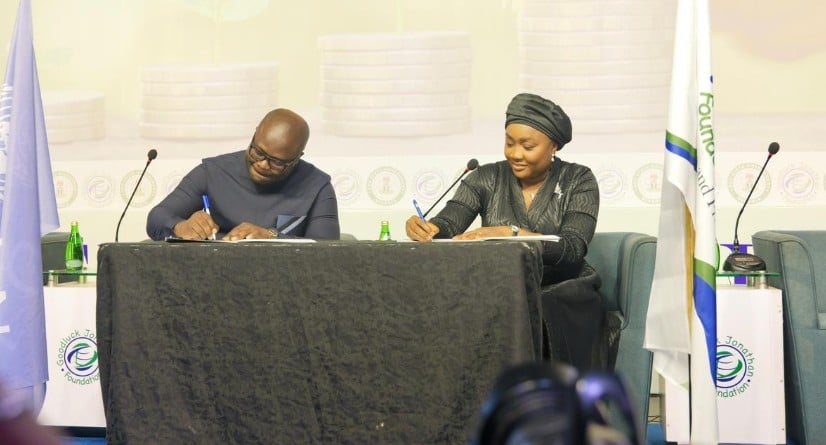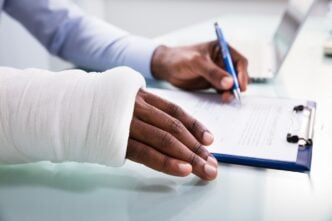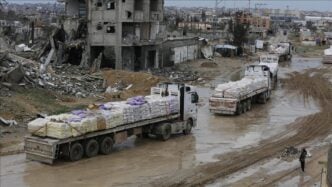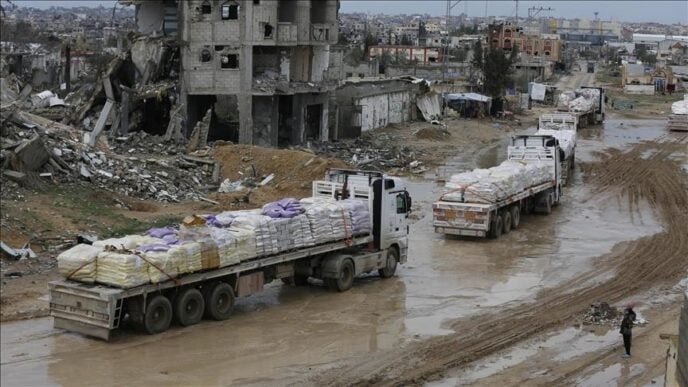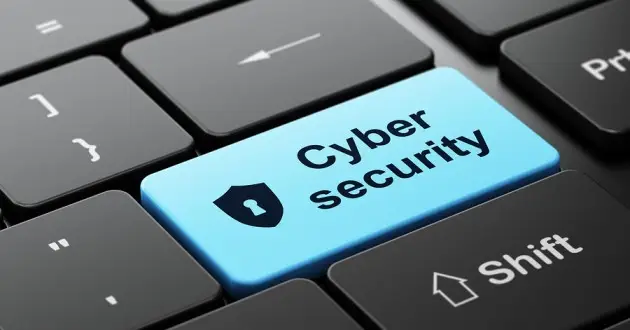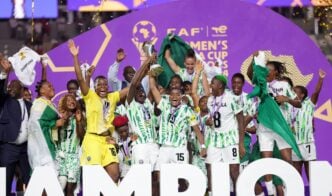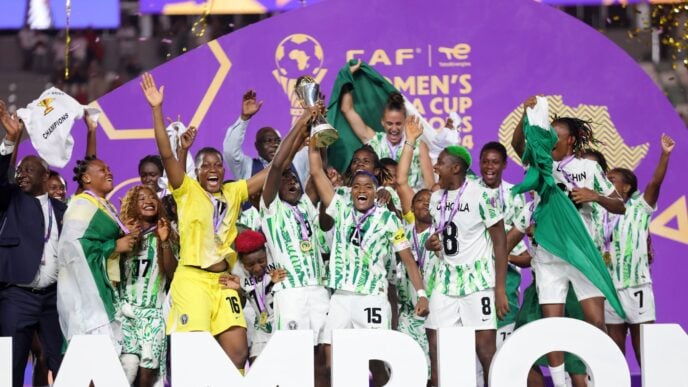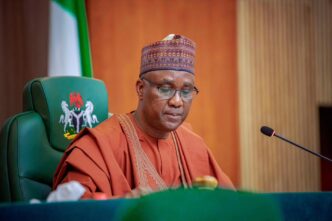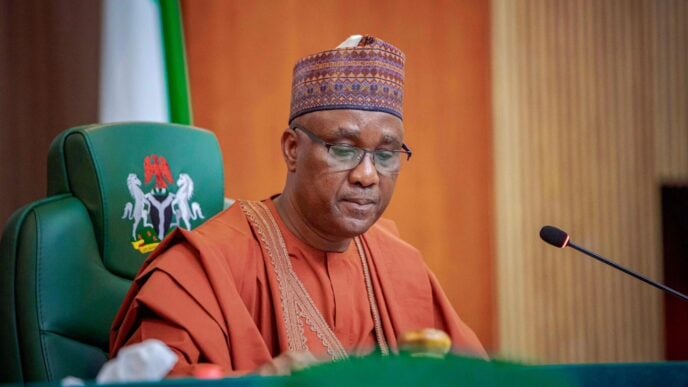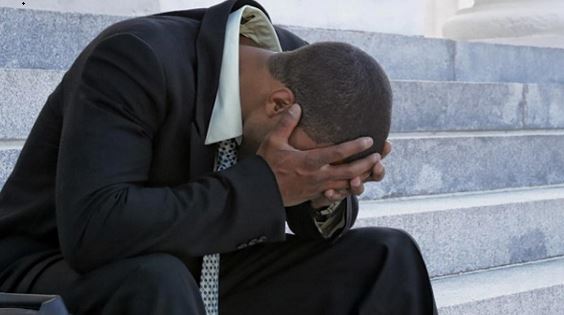BY WEALTH DICKSON OMINABO
The quest for solutions to the daunting challenges in Sahel is poised to receive a significant boost. In a region long plagued by political instability, insecurity, and economic hardship, the Sahel Governance Forum has emerged as a vital platform for reshaping the narrative. The inaugural edition of this landmark initiative, being hosted by The Gambia on July 30-31, 2025, in collaboration with the Goodluck Jonathan Foundation (GJF), the United Nations Office for West Africa and the Sahel (UNOWAS), the Office of the Special Coordinator for Development in the Sahel (OSCDS), and the United Nations Development Programme (UNDP), signals a pivotal moment for governance in the Sahel region. It will not just be a meeting of minds, it is billed to be a strategic intervention in the fragile democratic fabric of the subregion.
The Sahel is no doubt at a crossroads. From Mali to Burkina Faso and from Chad to Niger, democratic institutions are under severe strain. Military coups, insurgent violence, disinformation campaigns, and the marginalization of youth and women have combined to undermine peace and good governance. In this context, the Forum was convened not merely as a conference but as an incubator for resilience, a platform where leaders, civil society, and international partners could collectively chart a path forward.
Crucially, the Forum has come to serve as a convener of dialogue at a time when dialogue is under constraint. With rising authoritarian tendencies and waning trust in electoral processes, forums such as this become sanctuaries for democratic discourse. The Sahel Governance Forum, therefore, is more than an event, it is a defiant stand for inclusive governance, institutional strengthening, and sustainable peace.
Advertisement
This is knowing that at the heart of the governance conundrum in the Sahel lies a deeper legitimacy crisis. When citizens lose faith in the state’s ability, or willingness to deliver justice, security, and opportunity, governance becomes fragile, and the potential for unrest multiplies. This is why the Forum’s focus on social cohesion and trust is not only timely but essential.
The conference is being availed further weight by the enduring legacy of Dr. Goodluck Ebele Jonathan, former President of Nigeria and a globally recognized champion of peace and democracy. Through the Goodluck Jonathan Foundation, he has consistently advanced the ideals of democracy, reconciliation, and good governance, particularly in conflict-prone societies. His presence and active leadership at the Forum underscores his deep commitment to these values.
Dr. Jonathan’s post-presidency has become a case study in transformative leadership. Rather than retreat into quiet retirement, he has thrown his weight behind peace mediation efforts, electoral integrity missions, and democratic reforms across Africa. His role in helping to peacefully resolve political crises in The Gambia (2016-2017), Mali, and elsewhere, attests to his diplomatic clout and unwavering belief in democracy as a tool for development.
Advertisement
The Foundation he leads has become a respected pan-African institution, convening stakeholders, producing research, and advocating for policies that deepen democratic practice, especially in leading mediation missions during elections in order to prevent election related crises in the nations of the subregion. Through its work, GJF has built a bridge between theory and practice, between policymakers and the people, and between conflict and consensus.
What makes the Sahel Governance Forum especially significant is its collaborative DNA. The GJF, in joining forces with the UNDP, UNOWAS, OSCDS, underscores the necessity of multilateral approaches to the region’s complex governance challenges. Each partner brings to the table a wealth of experience, institutional capacity, and local knowledge. UNOWAS offers political insight and regional strategy. OSCDS brings in development-oriented perspectives crucial to tackling root causes of fragility. The UNDP contributed its global development lens, with special attention to inclusive governance and capacity building.
The GJF which hosts the West African Elders Forum (WAEF) brings to bear on the process, the wealth of experience and wisdom of the subregion’s former Presidents and statesmen who populate the body as members.
Together, these institutions forged a coalition of intent; intent on restoring citizen trust, empowering local governance structures, and promoting peaceful political transitions.
Advertisement
Hosting the inaugural Forum in The Gambia is a symbolic masterstroke. Once under autocratic rule, The Gambia has emerged in recent years as a hopeful example of democratic renewal. Its peaceful transition of power in 2017, in which Dr. Jonathan played a mediating role, highlighted the power of dialogue over violence. By returning to Banjul to host this Forum, the region was reminded of what is possible when democracy is protected and nurtured.
President Adama Barrow’s administration, in hosting the Forum, affirms its commitment to regional leadership on governance.
The success of the Sahel Governance Forum must not be measured solely by the speeches delivered or communiqués released. Its real legacy will lie in how effectively its recommendations are implemented, how robustly its networks are maintained, and how consistently its spirit of dialogue is kept alive. Forums come and go, but institutions and movements must endure.
This is where the Goodluck Jonathan Foundation can play a unique role. With its growing influence, it can serve as a moral compass and a strategic convener, helping to translate forum outcomes into real-world impact. Its independence and credibility position it well to act as a bridge between governments, civil society, and international partners.
Advertisement
The Sahel Governance Forum is a model worth replicating across Africa, a model rooted in inclusive dialogue, multilateral collaboration, and African leadership. It is a timely reminder that Africa’s governance challenges, while formidable, are not insurmountable.
Dr. Goodluck Jonathan’s vision of “democracy as a tool for peace” continues to resonate across the continent. His Foundation, through initiatives like this Forum, is helping to build the scaffolding for a more stable, democratic, and prosperous Sahel.
Advertisement
The work is far from over, but the journey has begun. And thanks to the Sahel Governance Forum, it is a journey that now has direction, allies, and renewed hope.
Ominabo is the communications officer of Goodluck Jonathan Foundation (GJF)
Advertisement
Views expressed by contributors are strictly personal and not of TheCable.
